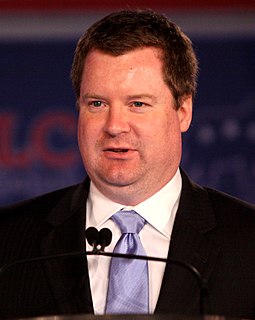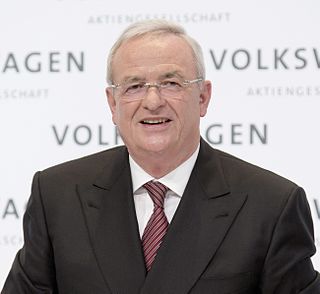A Quote by Joseph J. Romm
The United States could dramatically reduce its carbon emissions per kilowatt-hour without raising its overall energy bill.
Related Quotes
How can we vote for a bill [S.744] that our own CBO says will reduce average wages in America for 12 years, increase unemployment for 7 years, and reduce per capita GNP growth over 25 years? A bill that will admit 30 million people to permanent legal status in the next 10 years? That will dramatically increase the annual immigration flow, and will double the guest worker flow?
Shipping is the greenest method of transport. In terms of carbon emissions per ton per mile, it emits about a thousandth of aviation and about a tenth of trucking. But it's not benign, because there's so much of it. So shipping emissions are about three to four percent, almost the same as aviation's.


































